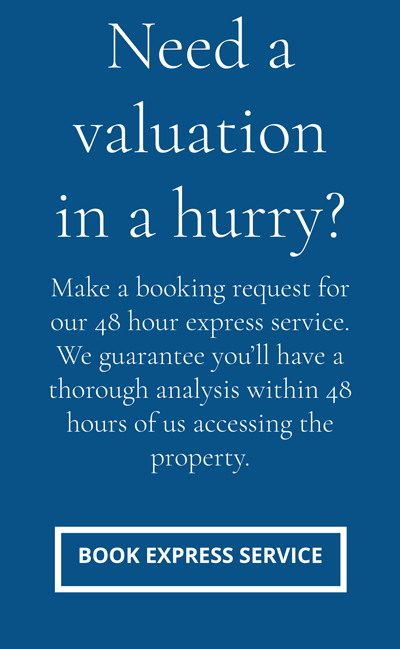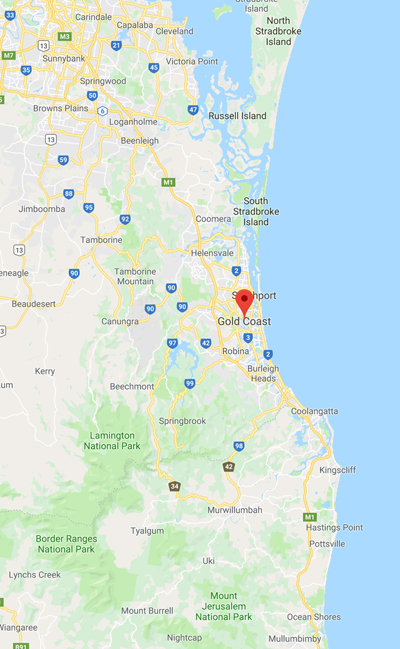Understanding Capital Gains Tax for Rural Residential Properties over 2 Hectares

Introduction: Navigating Capital Gains Tax
When it comes to selling your principal place of residence, Capital Gains Tax (CGT) exemptions typically apply. However, if your principal place of residence is a rural residential property spanning over 2 hectares, navigating CGT regulations becomes more intricate. As professional valuers, we recognise the complexity this introduces, yet it also presents an intriguing challenge. For property owners like you, understanding these nuances is crucial. It can significantly impact your CGT liabilities—potentially saving you thousands of dollars.
The Australian Taxation Office (ATO) Guidelines
The Australian Taxation Office (ATO) stipulates that the two-hectare portion chosen by the landowner is exempt from CGT, provided no part of the land is used for income generation. This portion selection is entirely at the discretion of the landowner and need not be contiguous, though it must encompass the land beneath your dwelling. Practically, this means choosing the most valuable two-hectare portion, usually including all major improvements like buildings, sheds, and infrastructure, while leaving the rest as vacant and less valuable land.
(This is the link to the ATO information in this regard).
Valuation Process: Assessing Residual Land Value

Valuing the residual land involves assessing the market value of the selected 2-hectare improved land at both the sale and purchase dates. By deducting these assessed values from the respective prices, the residual land value at each date is derived, with the difference constituting the capital gains, assuming an increase in value over time. It is essential to consult with your accountant regarding other elements of the cost base, such as incidental costs or capital expenditures.
Example Scenario: Illustrating CGT Calculations
Let’s consider an example to illustrate this: A rural lifestyle property spanning 3.5 hectares was purchased for $1,175,000 in 2018 and sold for $1,490,000 in 2021.
| Current sale price | $1,490,000 |
| Assessed current value of selected 2ha portion | $1,400,000 |
| Difference = Assessed current value of residual 1.5 ha vacant land portion | $90,000 |
| 2018 purchase price | $1,175,000 |
| Assessed retrospective value of selected 2ha portion | $1,100,000 |
| Difference = Assessed current value of residual 1.5 ha vacant land portion | $75,000 |
Accordingly, the capital gains value attributed to the residual land portion is assessed at $90,000 – $75,000 = $15,000.
Moreover, if the property has been held for over 12 months, you qualify for a 50% CGT discount, reducing the taxable gain. In this example, the taxable gain would be $7,500.
Expert Assistance for CGT Valuations
Should you require assistance with a Capital Gains Tax valuation, we’re more than happy to help. Please don’t hesitate to contact us.












